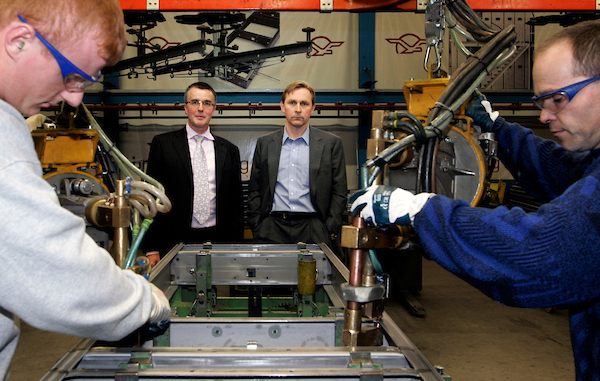
Employment relationship
Individual employment relations are the relationship between the individual worker and their employer. This relationship is shaped by legal regulation and by the outcomes of social partner negotiations over the terms and conditions governing the employment relationship. Regardless of the type and duration of the employment relationship, workers have the right to fair and equal treatment regarding working conditions, access to social protection and training.









